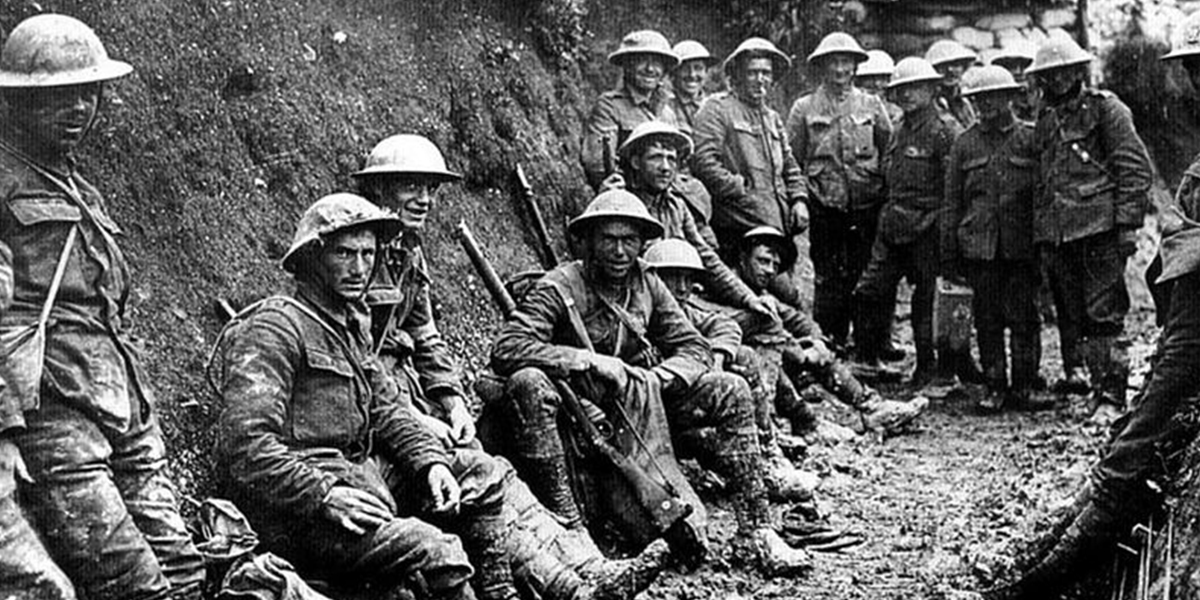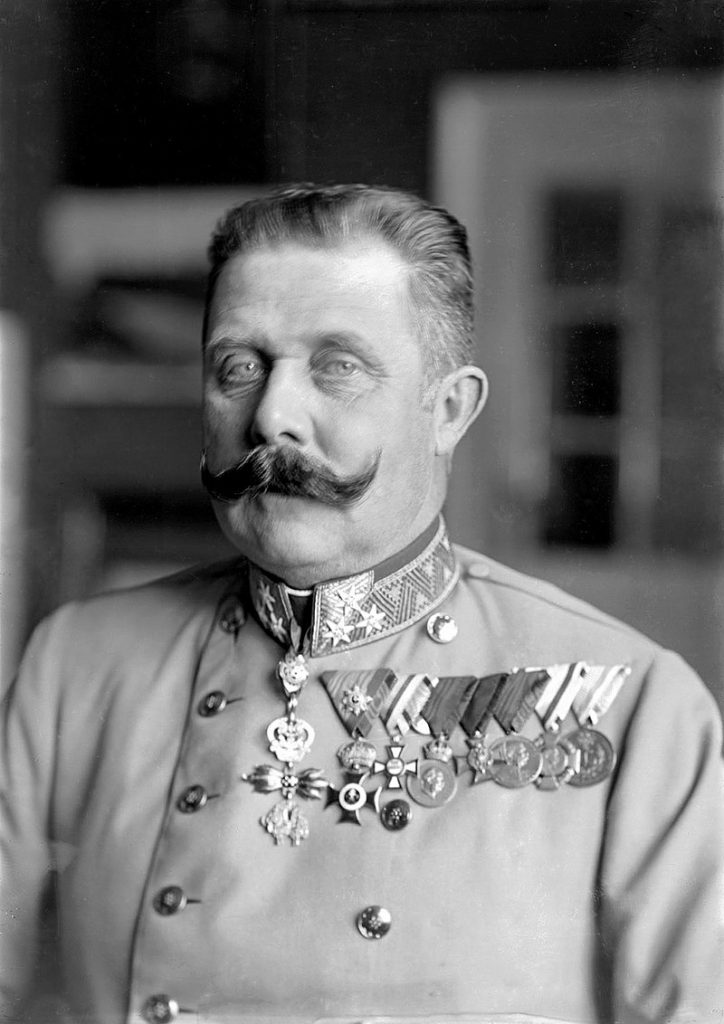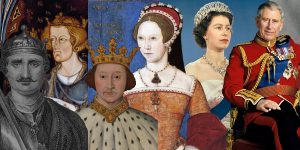
Years before the outbreak of World War One (WW1), a number of alliances existed between European powers including the Ottoman Empire, Russia and other parties. These agreements were under threat due to the political instability in Bosnia, Serbia and Herzegovina.

WW1 started with assassination of Archduke Franz Ferdinand who was heir to the Austro-Hungarian Empire. He and his wife Sophie, Duchess of Hohenberg were shot by a Serbian nationalist, Gavrilo Princip on 28th June, 1914. Princip fired twice into a car carrying them both on their way to the Sarajevo Hospital, before he could fire a third time he was pushed to the ground and managed to swallow a cyanide capsule – which failed to kill him.
Like many countries around the world, Austria-Hungary blamed the Serbian government for this unprotected attack.
Germany gives Austria-Hungary “blank check” assurance
Just two weeks before the assassination, Kaiser Wilhelm II of Germany met with Franz Ferdinand at the country estate of the archduke to discuss the situation in the Balkans. It is said that the Kaiser felt a sense of personal loss and a week after the assassination, on July 5, he pledged his support, giving Austria-Hungary a “blank check” assurance of Germany’s backing in the case of war.
On July 28, Austria-Hungary declared war on Serbia, and the peace of the great powers of Europe collapsed. Within a week, Russia, Belgium, France, Great Britain and Serbia had lined up against Austria-Hungary and Germany.
World War I had begun.


